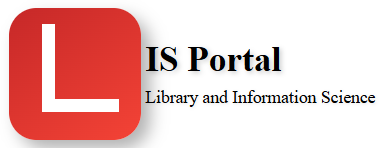Discipline and grievances are two critical aspects of Human Resource Management (HRM). While discipline focuses on enforcing company policies and regulations, grievances are the concerns and complaints raised by employees regarding work-related issues. Here’s an overview of the disciplines and grievances in HRM:
Discipline: Discipline refers to the management of employee conduct to ensure that employees adhere to the organization’s policies, rules, and regulations. Disciplinary actions are taken to address employee misconduct, such as absenteeism, insubordination, violation of safety rules, or unethical behavior. The discipline process typically involves:
- Investigation: The HR department conducts an investigation to gather facts and determine the nature and severity of the violation.
- Informal Actions: Minor violations are usually handled through informal actions such as counseling, verbal warnings, or written warnings.
- Formal Actions: Serious violations may require formal disciplinary actions such as suspension, demotion, or termination.
Grievances: Grievances are concerns or complaints raised by employees regarding work-related issues. The HR department is responsible for addressing employee grievances and ensuring that employees are treated fairly and equitably. The grievance process typically involves:
- Informal Resolution: Employees are encouraged to resolve grievances informally by speaking with their immediate supervisor or HR representative.
- Formal Resolution: If the grievance is not resolved informally, the employee may file a formal grievance in writing, which is then investigated by the HR department.
- Grievance Hearing: If the formal grievance is not resolved, a grievance hearing is held to determine the outcome. A neutral third-party may be involved in the process.
- Resolution: If the grievance is upheld, the HR department will work to resolve the issue and take appropriate corrective action.
Discipline and grievances are critical aspects of HRM that ensure employees adhere to company policies, regulations, and that employees are treated fairly and equitably. Effective management of discipline and grievances can help maintain a positive and productive work environment and can minimize conflicts and legal issues.
